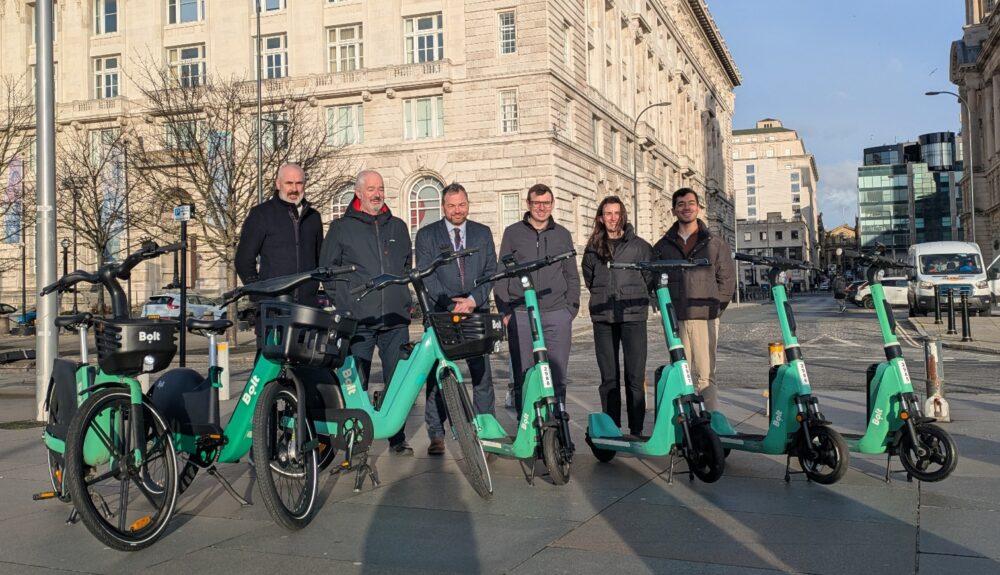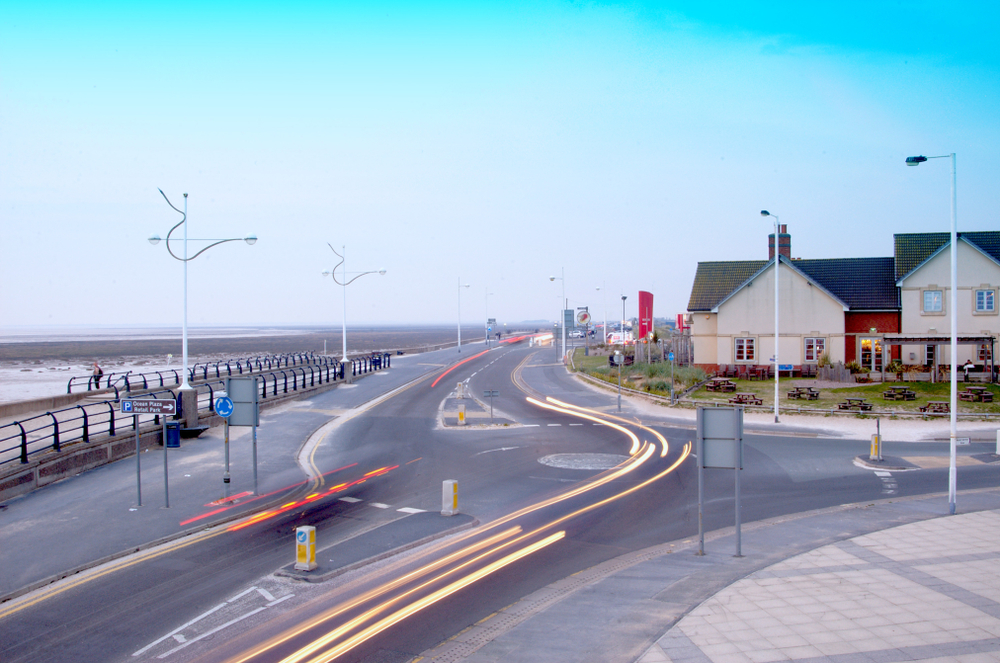
Environment
Sefton Council to look at establishing a Clean Air Zone
4 years ago

Plans to introduce a Clean Air Zone in Sefton will take a step forward this week as Sefton Council’s Cabinet is being asked to approve the recommendations and findings of an Outline Business Case before moving to the next stage.
The main cause of air pollution in Sefton is heavy goods vehicles (HGVs) traffic as they produce high levels of emissions which harm air quality.
Studies have found that a Clean Air Zone targeting prominent HGV traffic areas has the best chance at reducing air pollution.
Sefton’s Clean Air Zone would charge non-compliant HGVs a daily fee to travel through the proposed area, which includes parts of the A565 and A5036.
Funding will be available to affected local businesses to mitigate the cost of the charges.
As part of their 2030 vision, Sefton Council is committed to maintaining a clean, green and beautiful borough. This pledge encourages everybody to work together to keep Sefton clean and green, with a commitment to better air quality.
However, while most of the borough’s air quality is of a good standard, some small locations have conditions which could be improved.

Credit: Sefton Council
Cllr Ian Moncur, Cabinet Member for Health and Wellbeing said:
“Achieving clean air across Sefton is essential in supporting the public health of our residents. The poorest air quality is within areas of health and income deprivation, meaning that the worst air quality is experienced by those most vulnerable to its effects. I am pleased that our plans for a Clean Air Zone are edging closer, as it will improve the air quality in these areas and help to keep our borough healthy
“I want to be clear; the Clean Air Zone in Sefton will not affect every day commuters using private cars or vans. We are exploring a CAZ option that will charge only Class B vehicles; this includes buses, coaches, taxis, private hire vehicles and heavy goods vehicles (HGVs) that do not meet the required emissions standards.
“The Council is not using the CAZ as a source of income generation. Any income from the charges will fund the implementation of the scheme.”









 Subscribe
Subscribe Follow Us
Follow Us Follow Us
Follow Us Follow Us
Follow Us Follow Us
Follow Us Follow Us
Follow Us











